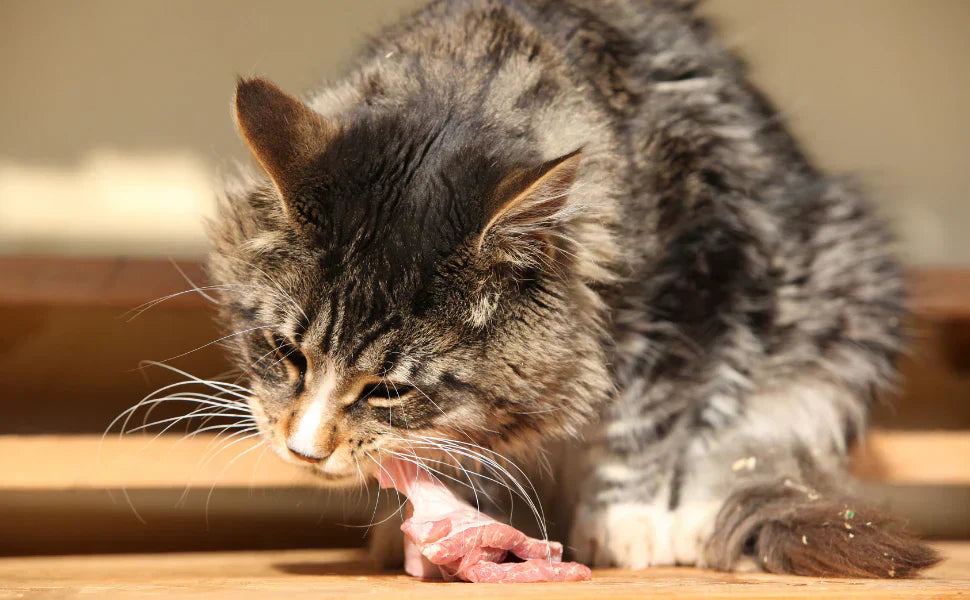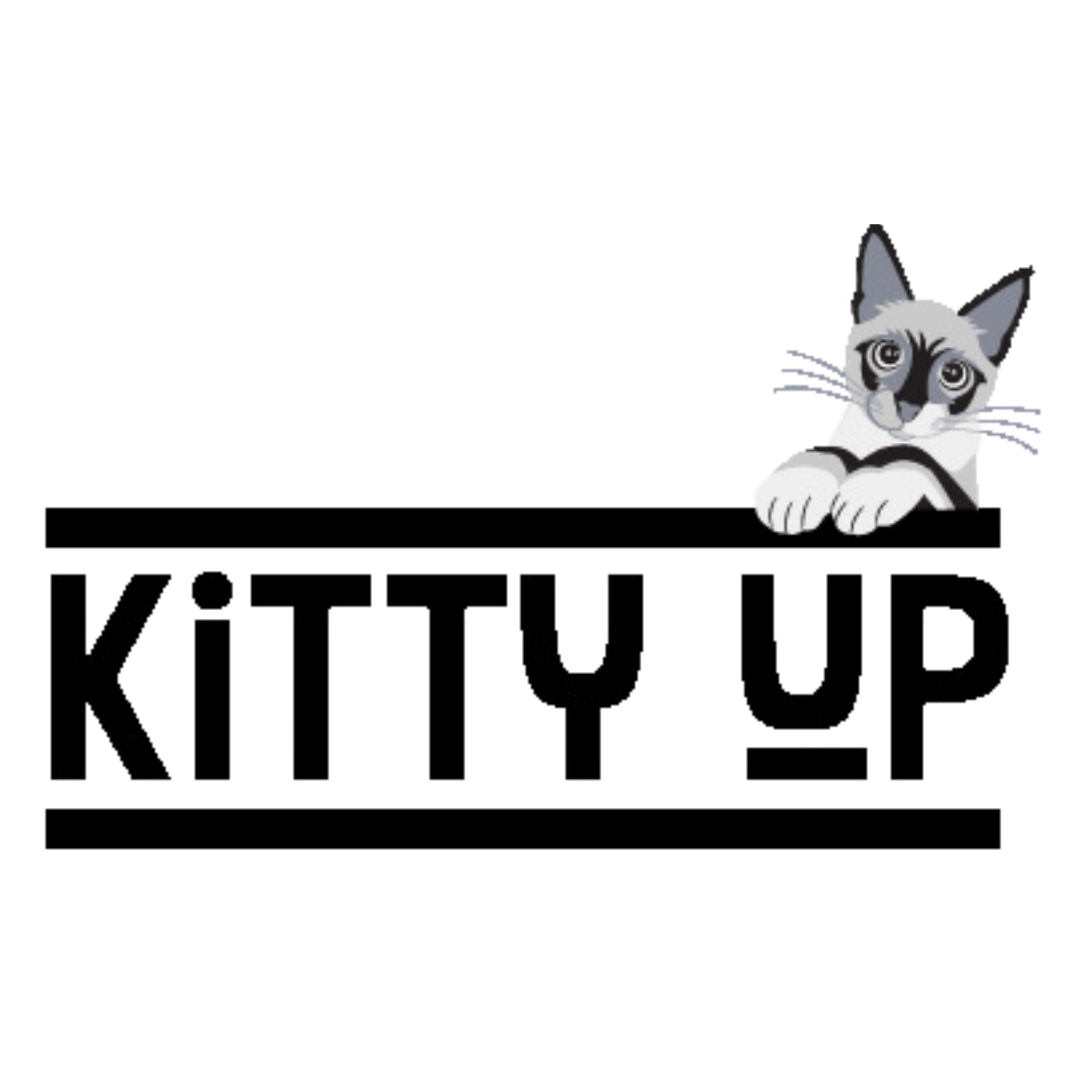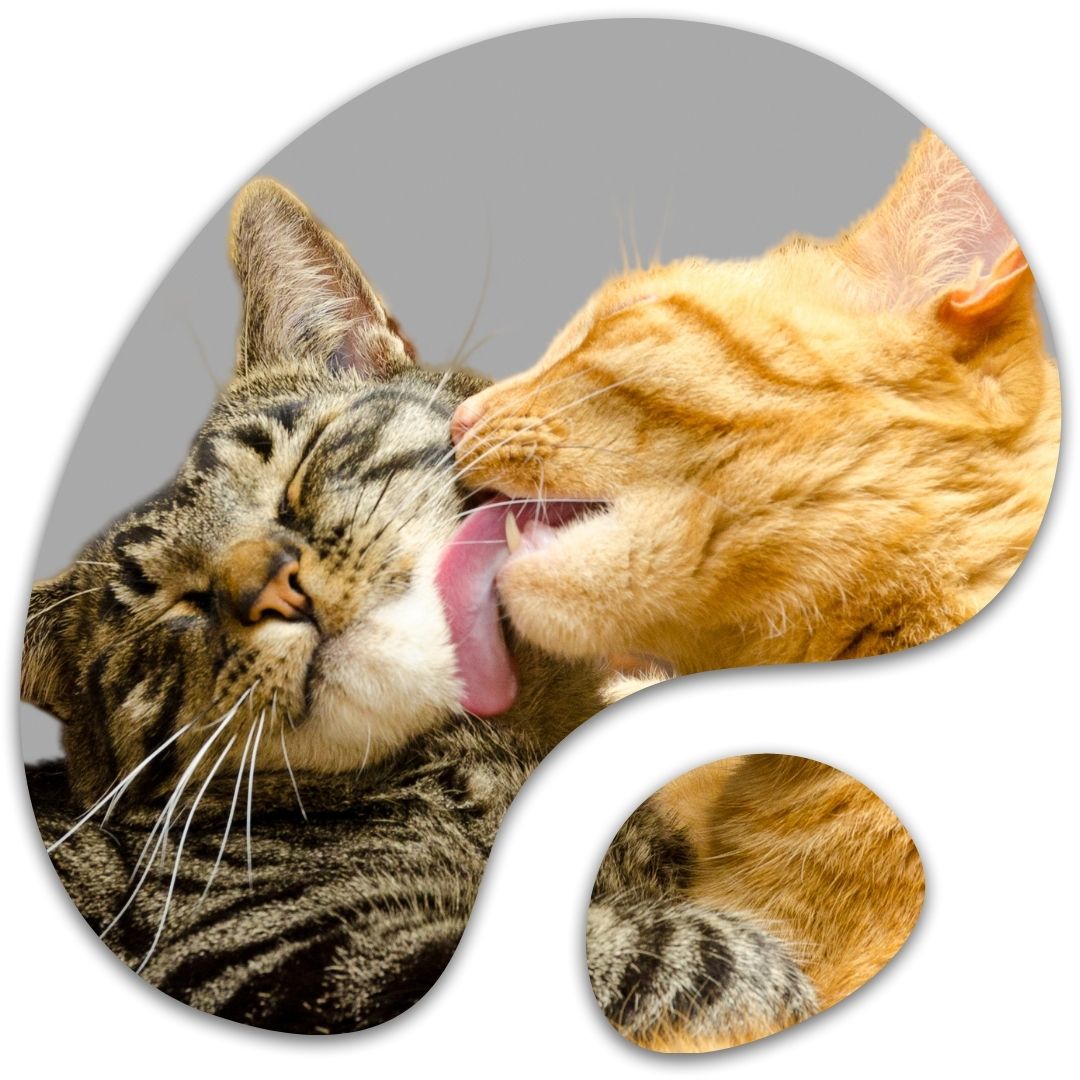
Why Cats Are Obligate Carnivores: The Science Behind Their Meat-Based Diet
Their Biological and Evolutionary Necessities

The Unique Nutritional Needs of Cats
High Protein Requirement: Why Cats Eat Meat
Cats have evolved to require a high-protein diet. Unlike humans and many other animals, cats use animal proteins not only to build muscle but also as their primary energy source. In the wild, wild cats eat meat in the form of whole prey—muscle, bones, and organs—which provides a complete nutrient profile.
Domesticated cats have inherited this same nutritional need. While some commercial cat food includes grains and vegetables, they do not match the essential nutrients naturally found in meat.
Essential Nutrients Found in Meat
Cats rely on nutrients like taurine, an amino acid that supports heart health, vision, and reproduction. Because cats cannot synthesize taurine on their own, it must come from animal flesh. Deficiencies can lead to serious health issues, including heart disease and blindness.
They also require vitamin A in its active form, retinol, which is only found in animal-based foods. Unlike other mammals, cats cannot convert beta-carotene from plants into usable vitamin A. Additionally, arachidonic acid, an essential fatty acid, is only present in animal proteins, making a meat-based diet essential for their well-being.
Physical Adaptations for a Carnivorous Lifestyle
Digestive System Designed for Animal Flesh
A cat’s digestive system is short and highly efficient at breaking down protein and fats from meat. However, it is not well-equipped to handle plant material. High-fiber, plant-based, or vegan diets can cause malnutrition or gastrointestinal problems. This limitation further highlights their status as true carnivores.
Dental Structure Built for Eating Meat
Cats have a dental structure built to support a predatory lifestyle. With sharp, pointed teeth designed for tearing through animal flesh, they lack flat molars used for grinding plants and animals like those seen in omnivores. Even domestic cats retain this anatomy, showing their continued dependence on a meat-based diet.
Evolutionary Roots and Behavioral Traits
From Wild Cats to Domestic Companions
Although today's domestic cats live in households, their behavior and physiology mirror that of their wild cat ancestors. Their natural instincts—hunting, stalking, and preference to eat meat—demonstrate their deep evolutionary connection to a carnivorous diet.
Domestication has changed their environment, but not their biological needs. A cat's metabolism, energy production, and immune system are still optimized for nutrients found in animal flesh.
Implications for Cat Owners
Choosing the Right Diet for Your Cat
Understanding that cats are obligate carnivores is key for anyone caring for them. Choosing cat food that contains high levels of animal proteins, amino acids, and other essential nutrients is crucial to maintaining their health.
Products that prioritize wet food with named animal ingredients (like chicken liver, turkey heart, or salmon) more closely mimic their ancestral diet. Avoid fillers and excess carbohydrates commonly found in low-quality cat foods.
Watch for Signs of Dietary Deficiencies
Pet parents should also be alert to health issues that may signal a poor diet, such as:
-
Lethargy
-
Weight loss
-
Dull coat or skin problems
-
Digestive upset
Feeding a meat-based, biologically appropriate diet can help prevent these problems and promote longevity and vitality.
Final Thoughts: Feeding Cats True to Their Nature
Cats are among the most specialized carnivores in the animal kingdom. From their short digestive system to their sharp teeth, everything about them is designed for hunting and eating meat. While humans may explore vegan diets, felines do not share this flexibility.
Feeding them the right diet—rich in animal proteins, free of unnecessary plant fillers, and tailored to their life stage—ensures a healthier, longer life.

Share






